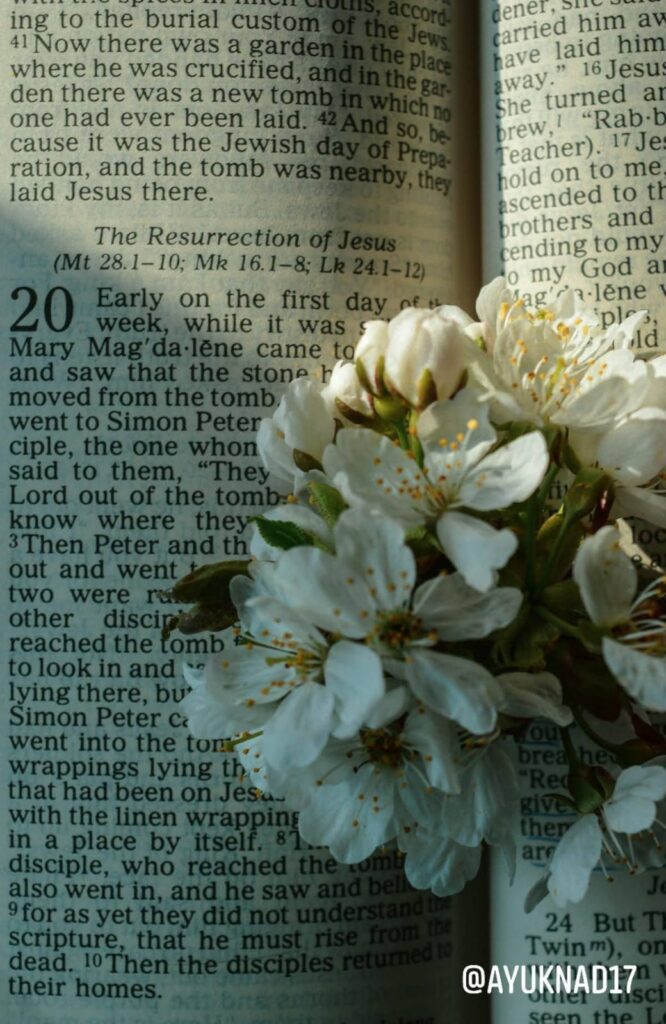25th Sunday in Ordinary Time
21st September 2025
Lectionary Readings: Amos 8:4-7; Ps 113:1-2.4-8; 1Tim. 2:1-8: Lk. 16:1-13 or 10-13
Theme: Serve the LORD who raises the lowly
The New Catholic Bible gives the title ‘The Parable of the Crafty Steward’ to verses 1-8 of our Gospel for today, and ‘Application of the Parable’ to verses 9-13. There is at least one difficulty in interpreting this parable: is Jesus encouraging cheating the master for the steward’s own benefit? Parables are meant to be read in context and then focused on the final sentence for the meaning. What is the final verse of this parable? Verse 8 – Jesus praises the astuteness of the steward (who) looks ahead for himself. Our message is that: “For the children of this world are (shrewder) in dealing with their own kind than are the children of light.” “Children of light: a Hebrew expression signifying those enlightened by a superterrestrial faith as opposed to the children of this world, who are focused solely on their earthly interests.” This reminds me of our encouragement as Christians to be in the world but not of the world – as followers of Christ – counter-cultural. In the gospel reading of the 23rd Sunday in Ordinary Time (Luke 14:25-33) Jesus gives two worldly activities (building a house; and a king going out to war) to illustrate how his followers must weigh their own strengths so as not to launch out into a spiritual adventure thoughtlessly and rashly. In Lk 6:46-49 Jesus describes what foundation we need in order to be his follower. Verse 13 of the Gospel of today offers us a solution to being a true follower of Jesus:“No servant can serve two masters. For you will either hate the one and love the other or be devoted to the one and despise the other. You cannot serve both God and money.”

In the second reading for today we are encouraged to pray, intercede and give thanks at liturgical gatherings, remembering to pray for all in authority so that all people of God may live tranquil and quiet lives with devotion and dignity. A note from the NCB states the following: “Nero was in power, and Paul perhaps had a presentiment of a dark future for Christians. He therefore urges them to include all human beings in their intercession. Liturgical prayer must be universal prayer, for it is carried along by a conviction: God has sent his Son to bear witness that the Father wills the salvation of the whole world. It is the mission of Paul and ultimately of the Church to make this truth well known.”
The following note to verse 5, of our second reading, links an early Creed to our Jewish roots: “This text was probably part of a very early creed. Some scholars regard it as a Christian version of the Jewish shema: “Hear, O Israel, the Lord, our God, is Lord alone . . .” (Deut 6:4f).
The first reading from Amos describes those who serve money and not God and abuse the poor and lowly. A judgement awaits these people: “The Lord has sworn by the pride of Jacob:/
Never will I forget any of their deeds.” (v. 7)
The NCB note on Psalm 113 is as follows: “This psalm presents a surprising contrast in the praises of Israel: the acclamation of the glory of the Almighty One attains its summit, and certitude becomes even stronger that God is near to the lowly. His tenderness reaches those whom the powerful of the earth regard as nothing.”
For Reflection and Discussion:
1.How more convinced are you that our role as followers of Jesus is to pray earnestly for Political, Religious, and all levels of leadership especially in the light of the abuse of power where the lowly are disregarded?
2. Reflect upon: “The theology of wealth says, ‘I give so that I can get.’ Christian simplicity says, ‘I get so that I can give.’ The difference is profound.” (Foster, Richard, J: Freedom of Simplicity: Finding Harmony in a Complex World
Bibliography: www.biblegateway.com – New Catholic Bible (NCB)
This week’s Sunday Liturgy Commentary was prepared by
Bernadette Teresa Chellew, KZN, South Africa, Bat Kol Alumna 2008
[Copyright © 2025]

Comments are closed